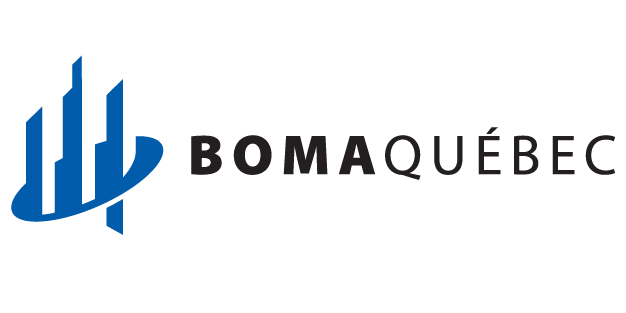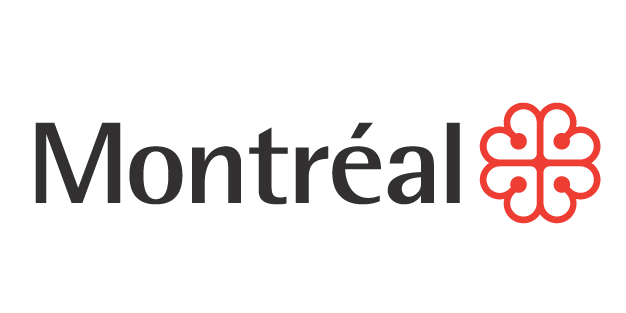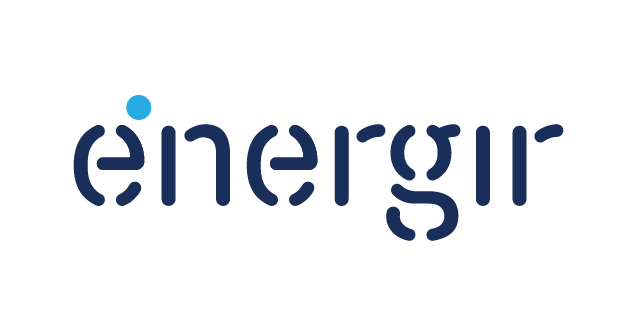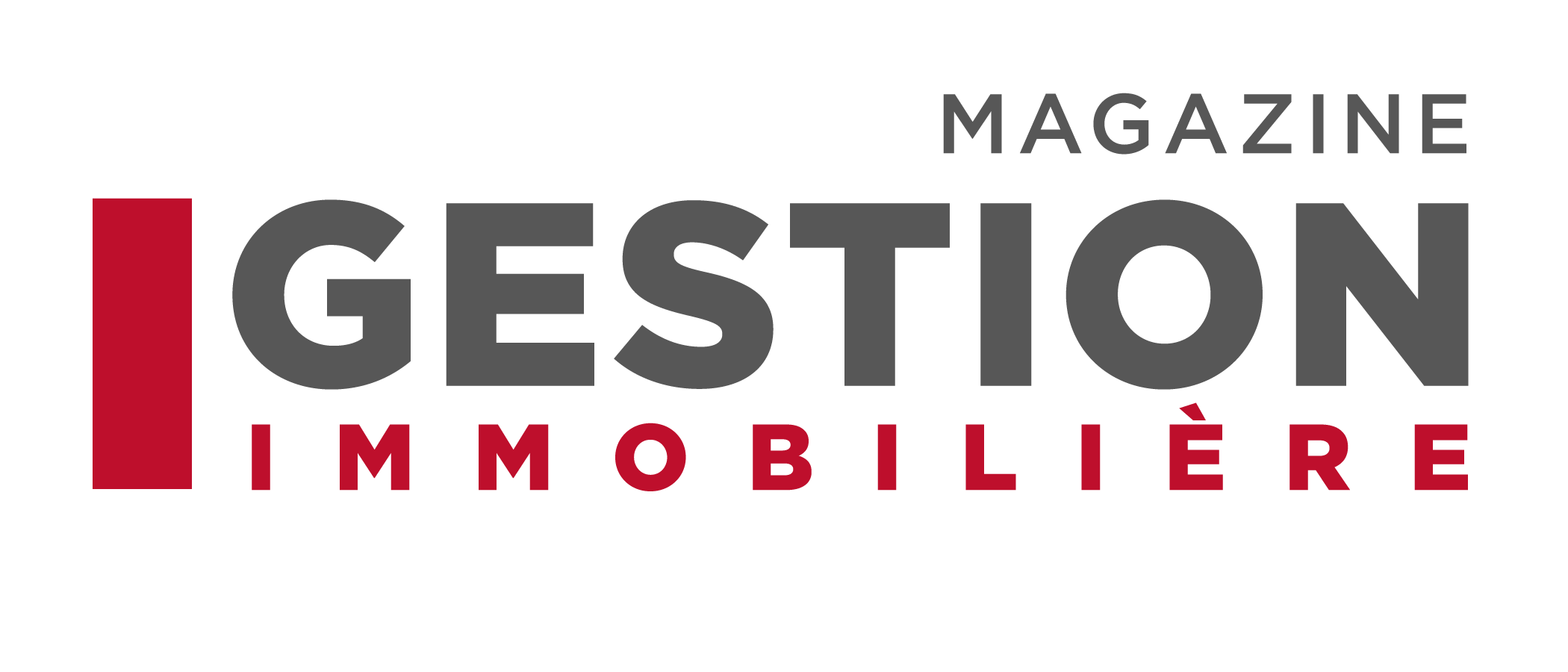Dear Participants,
The major event at the start of 2024 in the energy sector was certainly the reactions to the Quebec government’s tabling of Bill 41 in late 2023, legislation that focuses on the environmental performance of buildings, and that also amends various provisions affecting energy transition.
For many, the month of January was devoted to preparing briefs and hearings for the government consultations, which took place on January 30-31 and February 1. BOMA Quebec, the IDU, CQ3E, the Order of Engineers, Hydro-Québec and many other parties were invited to participate in the process. Note that the proposed Bill will lead to new regulations as regards mandatory disclosure, plus the ratings and postings of GHG emissions (which BOMA Quebec opposes, given the current context). It will also eventually lead to the deployment of more coercive means to establish minimum performance standards for energy efficiency and GHG emissions.
After the consultations, the government will revise the legislation and formalize its attendant regulations in greater detail. A precise date is difficult to predict, but it’s safe to assume that the procedure will be concluded in 2024. Note that the BEC will be supporting you throughout this procedure. In the meantime, don’t forget the June 30 deadline for buildings subject to similar regulations imposed by the City of Montreal.
Compilation of data for 2023 is currently underway! You have until May 31, 2024 to submit your data confirming your participation in Year 2 of the BEC.
As mentioned in the January newsletter, we note that few participants use the automated data transfer offered by Énergir and Hydro-Québec. That is unfortunate, for these tools greatly facilitate your energy management tasks.
Let me take this opportunity to remind you about these tools. First, here are a few things you need to know.
For Hydro-Québec:
- To register, you must have customer access to your Hydro-Québec accounts and be the administrator, or have the requisite consent and power of attorney that allows you to manage the account. That is the starting point for Hydro-Québec.
- By accessing its data transfer system, Hydro-Québec automatically enters a three-year history of your meters into ESPM. You must return to ESPM and delete any duplicates.
- Hydro-Québec transfers the data according to calendar months, regardless of the data appearing on your billings. If you compare your figures with Hydro’s, they may be different. Here’s why:
- The power consumption entries transferred by Hydro-Québec correspond to actual power and not billable power, which may result in differences with entries already made manually.
- If you have more than ten meters over which you have no control (e.g. for multi-residential tenants), you will need to create an aggregate meter in ESPM. Hydro-Québec will then make an aggregate compilation of those meters. If the number is less than ten, you’ll need to obtain the data and enter it manually.
For Énergir:
- In order to register, you must have the last or second-last invoice issued. If you don’t use those invoices to register for the service, access will be denied.
- Automated transfer of cost information, as requested by the City of Montreal, is not yet functional. You will need to go back to your ESPM gas meters and enter the data manually.
- You must select a specific time frame, which can go back up to two years. If you duplicate that history with entries already made on ESPM, the platform will indicate an error and you’ll have to delete the duplicates.
With that information and the data from Hydro-Québec and Énergir, you should be able to benefit from automated data entry with complete confidence. Information is available as described below.
Hydro-Québec
To authorize Hydro-Québec to send your data to ESPM, go to your Customer Space where you’ll find a user guide.
Énergir
In order to monitor consumption of natural gas in your buildings on ESPM, go to your Customer Space where you’ll find a guide to the automatic transfer of data to ESPM.
Start now, for the May 31 and June 30 deadlines are coming up fast. Follow our postings, as we are preparing a customer support webinar in collaboration with the City of Montreal.
I would also like to direct your attention to a guide produced by the American Department of Energy (DOE) entitled GHG Emissions Reduction Audit, A Checklist for Owners. It is a comprehensive guide useful for anyone embarking on a process of studying the decarbonization of their buildings. Click here to consult the guide.
It is simple and straightforward, but only available in English. Natural Resources Canada and the American Office of Energy Efficiency (OEE) plan to adapt it to the Canadian reality and translate it. After reading the document, you’ll see that it’s possible to carry out an energy audit and to add a decarbonization assessment for your buildings. You can use it as a springboard for proactive discussion with your consultants. For those wondering how to get the ball rolling, the guide is an excellent starting point.
Plan an approach suited to your needs and, above all, good luck to you all!
Mario Poirier
Program Director







